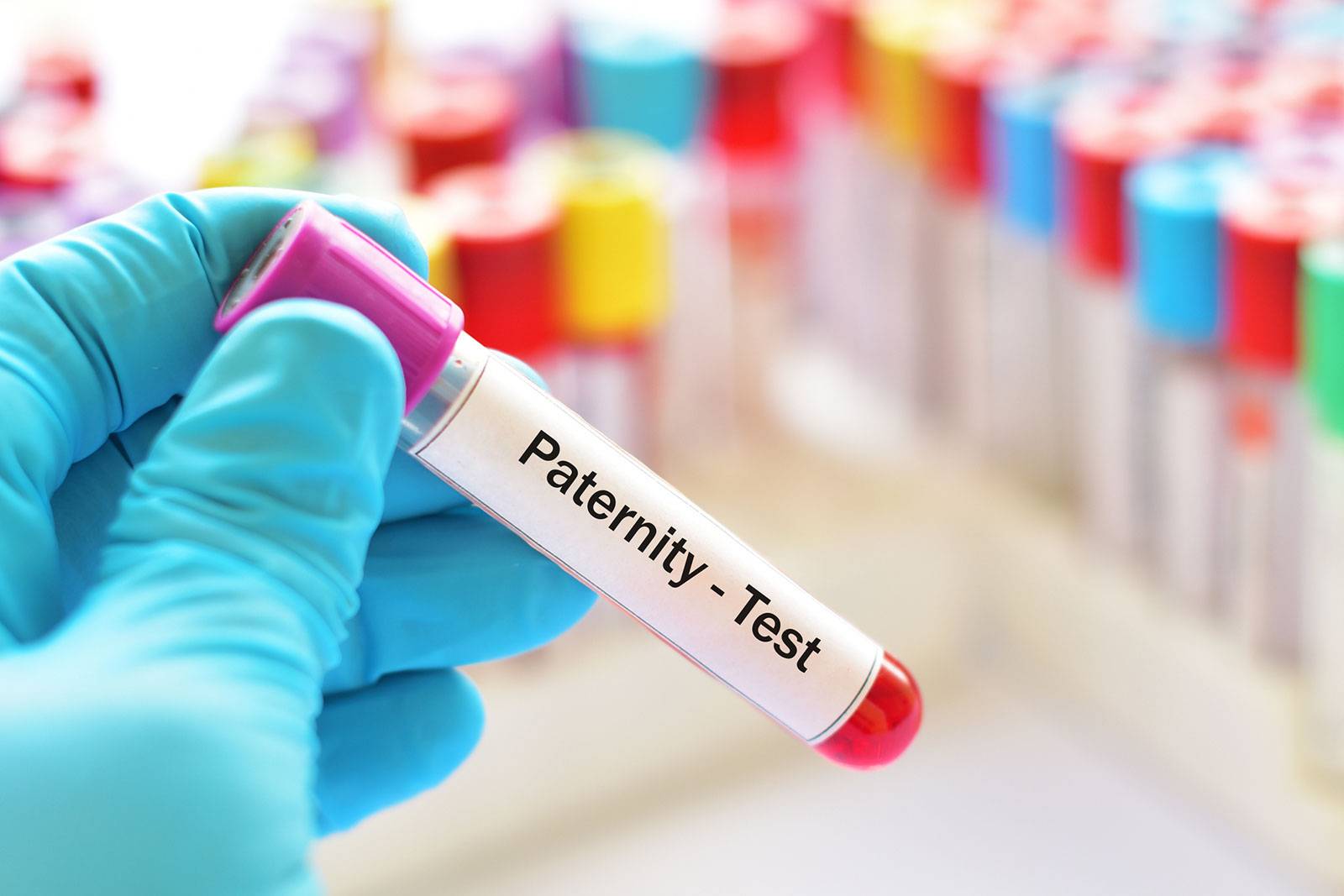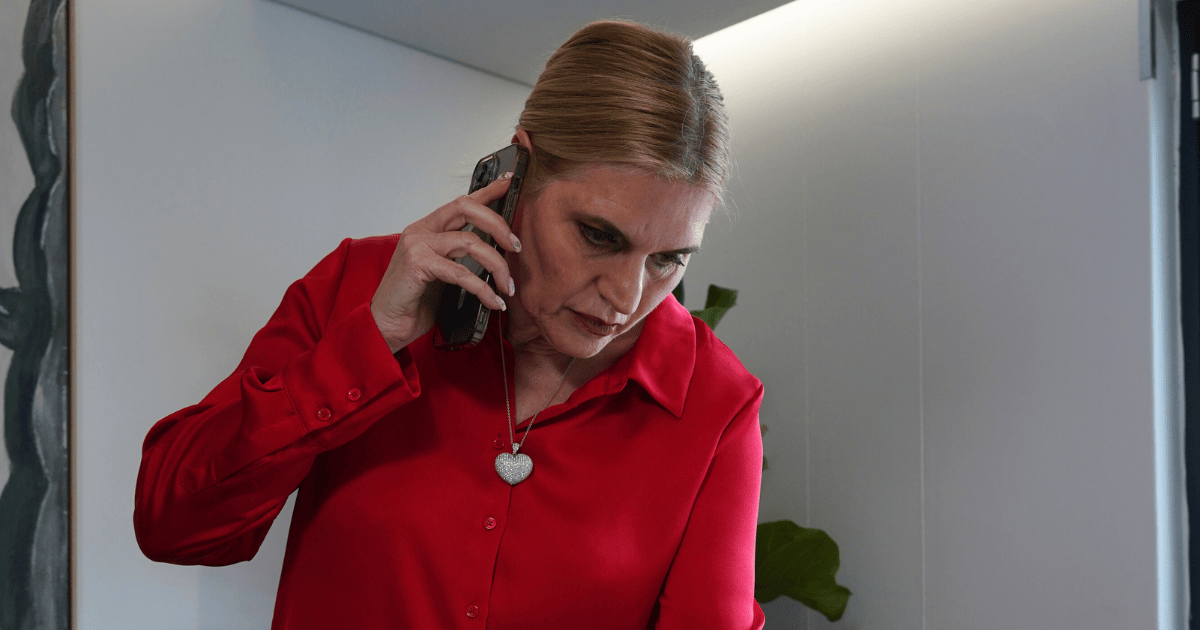Paternity disputes often arise in maintenance proceedings because maintenance claims are based upon paternity. Liability needs to be established, via a paternity suit. Paternity disputes may be launched if the child’s paternity is in question.
Unless the father or mother can prove otherwise, every child born from a marriage is presumed to be the child of the husband. If the husband or wife disputes it, they must prove it. A simple way of resolving the dispute would be through a blood test or scientific DNA testing.
There are two pieces of legislation that are applied in relation to paternity issues regarding minor children, namely the Maintenance Act 99 of 1998, in relation to child maintenance matters, and the Children’s Act 38 of 2005, in relation to child legal matters in general.
If the mother and alleged father were married at the time of conception, there is a rebuttable presumption that the husband is the father of the child. If the mother was not married at the time of conception, the presumptions which are contained in the Children’s Act are followed.
The Act states that if it is proven that the father of a child born out of wedlock had sexual intercourse with the mother of the child at any time when that child could have been conceived, then that individual is, in the absence of evidence to the contrary that raises reasonable doubt, presumed to be the biological father of the child.
It is within the inherent power of a Court, as upper guardian of a child, to order scientific tests if it is in the child’s best interests. Although blood tests are never 100% accurate, depending on the exact nature of the test done, they can be as accurate as 99,9%.
If a maintenance officer is of the opinion that the child’s paternity is in dispute, and if the mother has parental authority and she and the alleged father are willing to submit both themselves and the child to tests to determine paternity, but are unable to pay the costs involved, he/she may at any time during a maintenance enquiry, but before the Maintenance Court makes an Order, request the court to hold a summary enquiry into the payment of the costs of the tests.
Should the maintenance officer agree to such a request, the Maintenance Court may look to the means of the mother and the alleged father, and at any other circumstances that, in the Court’s opinion, should be taken into consideration.
At the conclusion of this enquiry, the maintenance court may:
- Make a provisional order concerning payment of the costs of the tests, including a provisional order that the state pay the whole amount or part thereof; or
- Make no order.
For direct answers to your specific personal questions, please contact us directly.
Read more about our child law services.
Author – Kate Bailey – Hill





